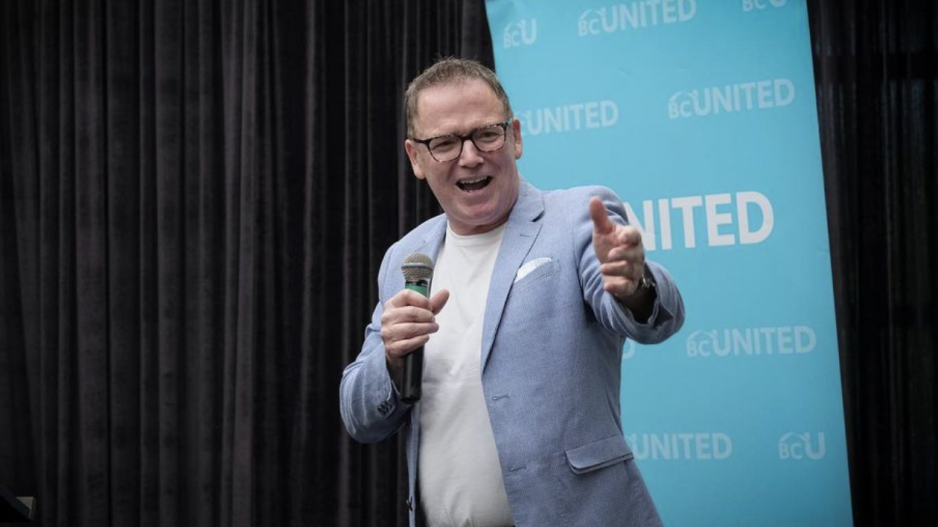Crossing the floor isn’t deceitful. It is an evolution of partisan principles when the candidate no longer believes in the party’s message. It’s a consequence of conflicting values between the party and the candidate, and the polarization of federal political dynamics necessitating choosing your allegiances. Finally, it is about 10 per cent political opportunism and following the political weather vane.
MLA Elenore Sturko’s move from BC United to the BC Conservatives showed a loss of faith in her old party’s policy, caucus management and federal party allegiances. She recently admitted to being a former federal Liberal and now a newly minted federal Conservative.
While this switch and others might appear to be the symptom of recent unrest, the reality is that BC United was struggling with an identity crisis long before Kevin Falcon took on the top job.
When the formerly labelled BC Liberals failed to form government in 2020, they blamed voter confusion in associating them with the federal Liberal Party. Northern and rural members of the legislative assembly went to great lengths to explain there was no official allegiance to Prime Minister Justin Trudeau’s Liberals. Now, Falcon failed to predict the enormous amount of energy for unwavering conservatism in B.C., a dynamic that is difficult to manage under a coalition party.
To the uncareful eye, political observers would conclude that BC United is bleeding candidates due to unfavourable polling, as candidates hold on to any hope of a political future by jumping ship.
Rather, John Rustad was serendipitously given an opportunity with his firing from the BC United caucus to take advantage of an international conservative spike.
The BC Conservatives follow the policy cues of Pierre Poilievre’s Conservatives in Ottawa. It started by mirroring the message of axing the carbon tax, then on transgender debates, both stating biological males should be banned from women's sports and bathrooms.
So far, there is nothing the federal Conservatives say that the BC Conservatives won’t parrot.
BC United has now lost six representatives: Rustad and Sturko, along with MLA Bruce Banman, MLA Lorne Doerkson, former candidate Brandon Fonseca and candidate, Chris Moore). These floor-crossers have put their political capital on the line and trust the BC Conservatives can deliver the conservative agenda.
The danger is that the BC Conservatives may take on too many former BC United candidates and lose their appeal with voters who see them as being too liberal.
BC United is clear in policy—more so than the BC Conservatives—but that focus hasn’t proven to define them where it counts. Falcon has not adjusted for the increase in Conservative Party membership in B.C.
On the opposite end of the political spectrum, federal Liberals see more in common with the BC NDP, as Cloverdale-Langley City MP John Aldag moved to run for the BC NDP. This leaves an already-wounded BC United as a federal politics orphan.
The federal Conservatives are more actively engaged at the grassroots level, with nominations to become members of Parliament happening in areas of interest: Mike de Jong, former BC United MLA and MP hopeful in Abbotsford-South Langley, and Tamara Jansen, who is hoping her name will be on the ballot in an upcoming by-election in Cloverdale-Langley City. This level of participation emboldens the conservative base.
The reconstruction of conservatism in B.C. is in its early days. It is still to be determined whether a protest party can become a viable option for British Columbians.
This unusually high political migration is unique to this provincial election as BC United impossibly threads the needle of balancing a coalition that is losing members from both federal sides. It begs the question: Who will they be able to attract ahead of the provincial election?
Allie Blades is a campaign strategist with Mash Strategy, which works with centre-right parties across Canada and with the Conservative Party of Canada.




